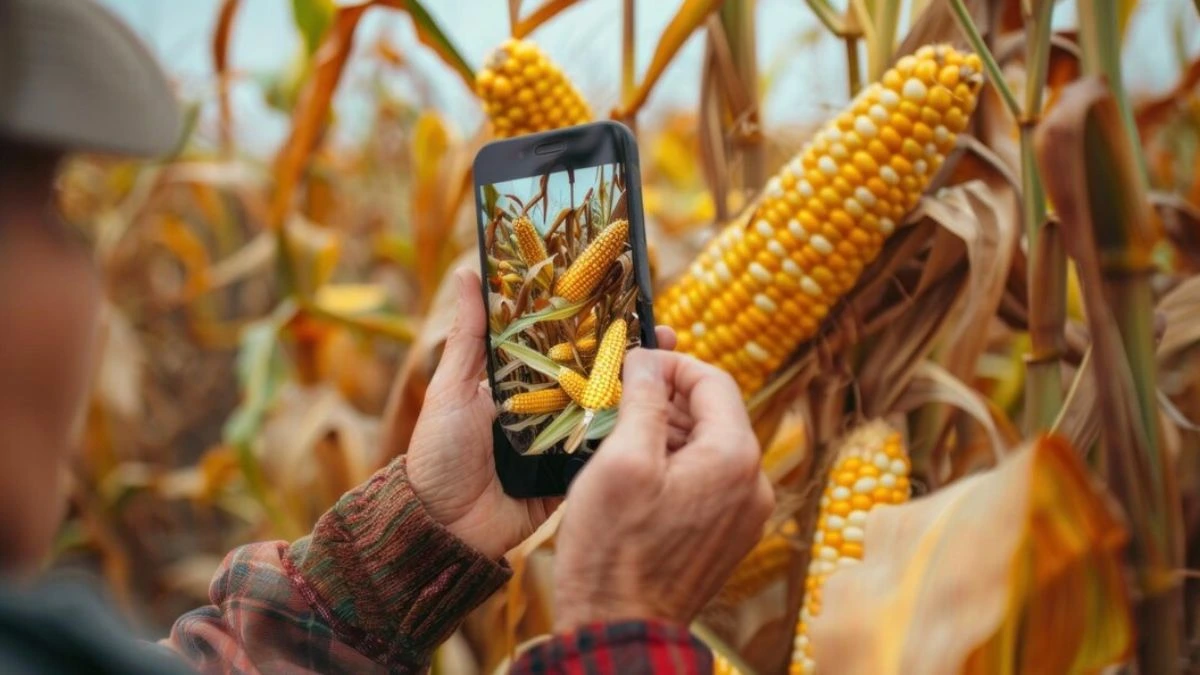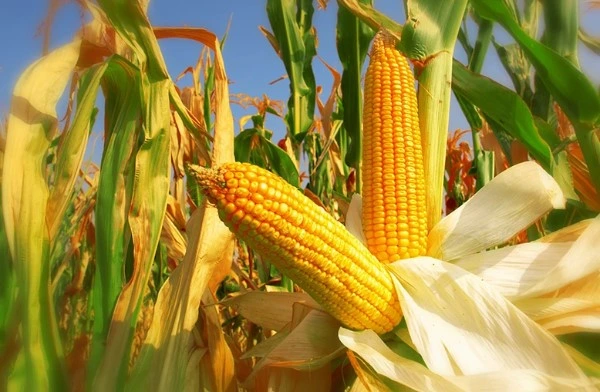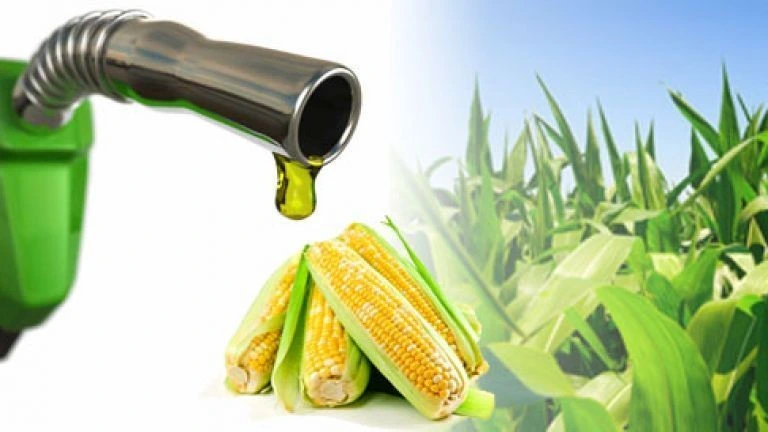
Introduction
Farmer Producer Organizations (FPOs) have revolutionized the agricultural sector, bringing collective power to small and marginal farmers. Among staple crops, corn holds significant value, both economically and nutritionally, making it a natural focus for FPO initiatives. This article explores how fpo corn are reshaping corn production, addressing challenges, leveraging technology, and creating a sustainable future for the industry.
What is an FPO, and Why is Corn Important?
FPOs are legal entities formed by farmers, allowing them to pool resources, improve bargaining power, and gain access to markets and technologies. Corn, a versatile crop, is essential in food, animal feed, and industrial uses, making it a critical agricultural product globally.
The Economic Significance of Corn
- Global production: Corn is the most widely produced cereal grain, accounting for over 1 billion metric tons annually.
- Market drivers: Corn’s demand in food security, biofuels, and livestock industries ensures its continued importance.
Why FPOs Focus on Corn
- High market demand and profitability
- Easier access to government schemes for staple crops
- Potential for scaling operations through collective farming
The Role of FPOs in Enhancing Corn Production

1. Organized Farming Practices
FPOs promote structured cultivation methods, ensuring quality and uniformity in corn production.
- Adoption of hybrid seeds for better yields
- Standardized crop management practices
2. Access to Technology
Technology plays a pivotal role in modern farming. FPOs enable small farmers to access tools like:
- Precision farming equipment
- Mobile apps for weather forecasts and pest management
- Blockchain for supply chain transparency
3. Market Access and Bargaining Power
By acting as a collective entity, FPOs negotiate better deals with buyers, reducing the role of intermediaries and ensuring fair prices for their produce.
Challenges Faced by FPOs in Corn Cultivation
Despite their potential, FPOs face several challenges:
1. Resource Constraints
Many FPOs lack funding for technology and training, limiting their ability to adopt advanced farming practices.
2. Market Volatility
Corn prices are influenced by global supply-demand dynamics, making it difficult for small farmers to predict income.
3. Climate Change
Unpredictable weather patterns and droughts significantly impact corn yields, posing a risk to farmers relying on this crop.
For more interesting blogs, visit our site: https://futuretrendz.co.uk/
Strategies for Boosting FPO-Led Corn Production
1. Government Support and Policies
Governments must create policies to assist FPOs through:
- Subsidies for seeds and machinery
- Training programs for sustainable farming
2. Sustainability Initiatives
Adopting sustainable practices like crop rotation, organic fertilizers, and water conservation can enhance long-term productivity.
3. Technological Integration
Encouraging FPOs to use drones, IoT devices, and data analytics can optimize farming processes and increase output.
Case Studies: FPO Success Stories in Corn Farming
Case Study 1: A Regional Success in India
An FPO in Madhya Pradesh introduced hybrid seeds and drip irrigation, leading to a 30% increase in corn yields and better income for farmers.
Case Study 2: Adopting Blockchain in Kenya
Kenyan FPOs use blockchain to track corn from farm to market, ensuring transparency and higher market prices.
Case Study 3: Overcoming Challenges in Brazil
FPOs in Brazil partnered with agri-tech startups to combat drought, using weather-resistant corn varieties and digital tools for irrigation management.
Impact of FPOs on the Corn Supply Chain
1. Enhanced Storage Facilities
FPOs invest in shared silos and warehouses to prevent post-harvest losses, a common issue in corn farming.
2. Fair Pricing Mechanisms
By bypassing middlemen, FPOs ensure that farmers receive a larger share of profits.
3. Streamlined Distribution
Efficient logistics networks allow FPOs to transport corn to domestic and international markets seamlessly.
Future of FPOs in Corn Production

The future of FPO-led corn farming looks promising, driven by:
- Increasing global demand for sustainable food production
- Government and private sector collaborations
- Digital platforms enhancing scalability and efficiency
FPOs have the potential to transform the agricultural economy while ensuring food security for future generations.
For more interesting blogs, visit our site: https://futuretrendz.co.uk/
FAQs About FPO Corn
What is the main advantage of FPOs for corn farmers?
FPOs offer collective bargaining power, better access to resources, and improved market connectivity for corn farmers.
How do FPOs address climate challenges in corn farming?
FPOs adopt sustainable practices, such as crop rotation and water conservation, and provide access to resilient seed varieties.
Can FPOs help increase corn exports?
Yes, FPOs streamline production, ensure quality, and build global trade networks, boosting export opportunities for corn.
What role does technology play in FPO-led corn production?
Technology enhances productivity through precision farming, pest control apps, and blockchain for supply chain transparency.
Are there government schemes supporting FPOs in corn farming?
Many governments offer subsidies, training programs, and financial incentives to strengthen FPOs in agricultural sectors.
Conclusion
FPOs are redefining the future of corn farming, providing small farmers with the tools and support needed to thrive in a competitive market. By addressing challenges, embracing technology, and promoting sustainability, FPOs not only enhance the economic prospects of farmers but also contribute to a resilient and secure agricultural ecosystem. For a brighter, sustainable future in agriculture, investing in and supporting FPOs is imperative.
Discover More: Zylis 92705: The Ultimate Kitchen Tool for Efficiency and Versatility







